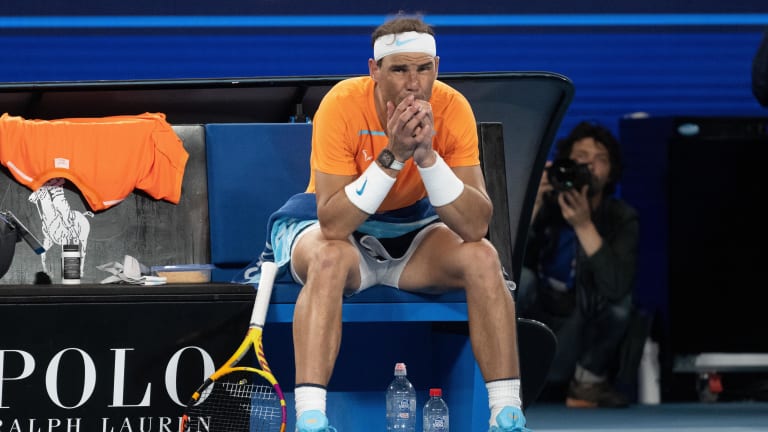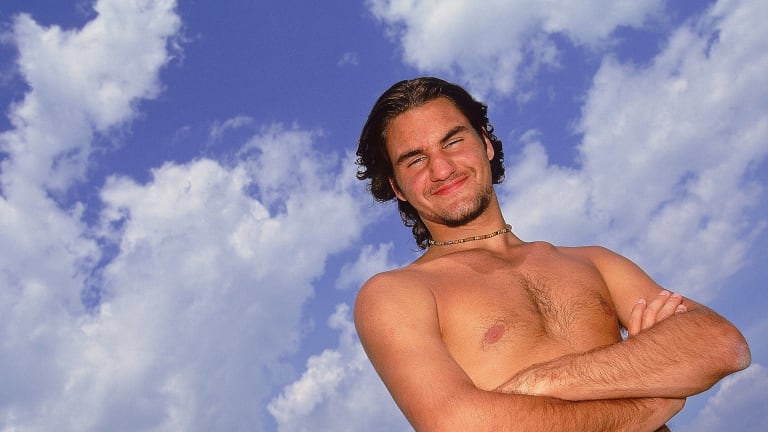Australian Open
Rafael Nadal and the definition of sacrifice
By Jan 24, 2023Australian Open
Australian Open prize money hits record high
By Jan 06, 2026Australian Open
Venus Williams will become oldest woman to compete in an Australian Open main draw with wild card entry
By Jan 02, 2026Australian Open
Roger Federer to headline “Battle of the World No.1s” at Australian Open’s inaugural Opening Ceremony
By Dec 11, 2025Australian Open
Australia at Last: Reflections on a first trip to the AO
By Jan 29, 2025Australian Open
Alexander Zverev must elevate his game when it most counts—and keep it there
By Jan 27, 2025Australian Open
Jannik Sinner draws Novak Djokovic comparisons from Alexander Zverev after Australian Open final
By Jan 26, 2025Australian Open
Alexander Zverev left to say "I'm just not good enough" as Jannik Sinner retains Australian Open title
By Jan 26, 2025Australian Open
Jannik Sinner is now 3-0 in Grand Slam finals after winning second Australian Open title
By Jan 26, 2025Australian Open
Taylor Townsend and Katerina Siniakova win second women's doubles major together at the Australian Open
By Jan 26, 2025Rafael Nadal and the definition of sacrifice
A post-loss remark from Rafa last week is worth revisiting.
Published Jan 24, 2023
Advertising
Advertising

As always, Nadal tends to put things in proper perspective.
© 2023 Will Murray
Advertising
Advertising

A teenage Roger Federer at a photo shoot in South Beach.
© Getty Images